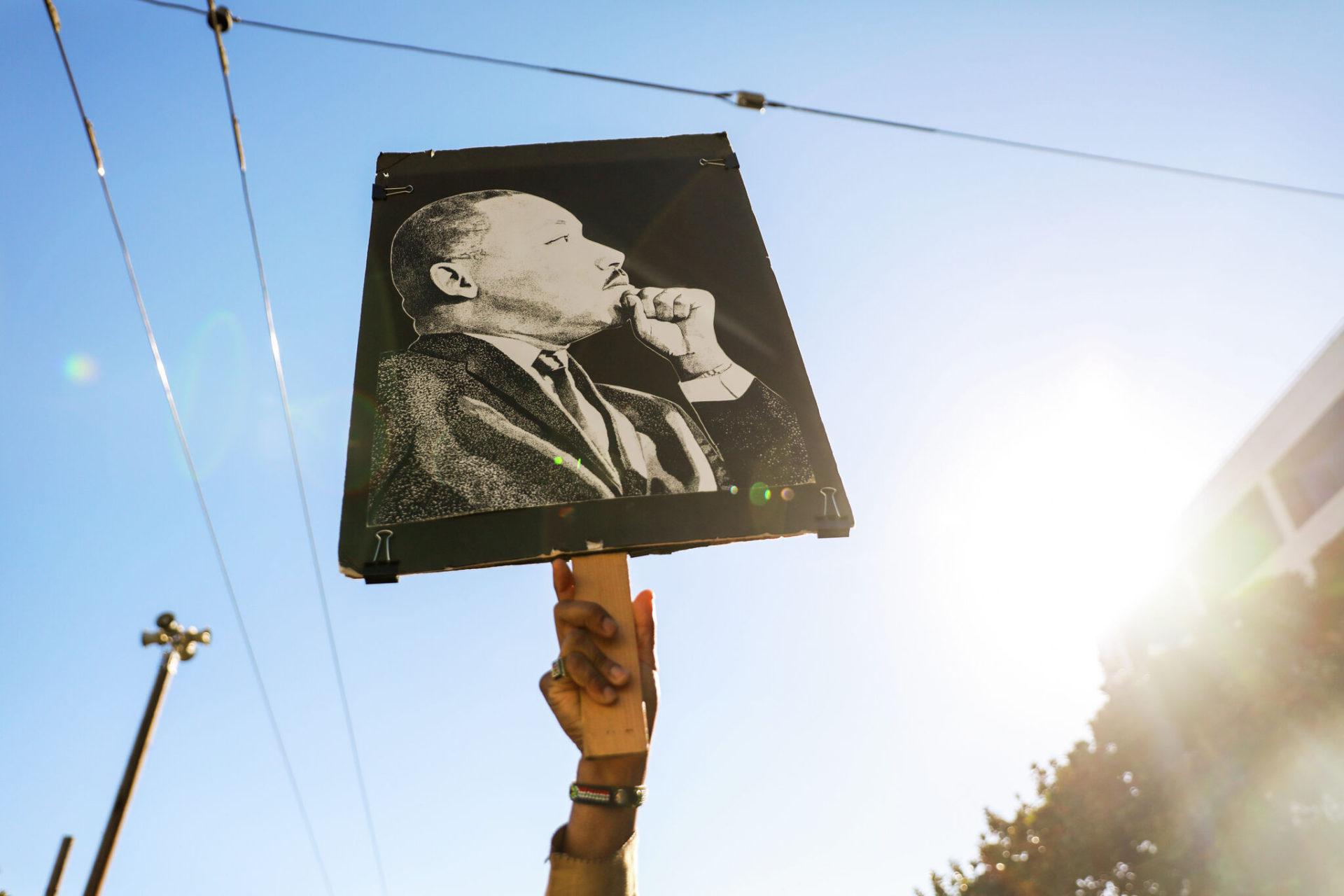In the fall of 1967, the Rev. Martin Luther King Jr. announced the Poor People’s Campaign — a grassroots effort to gain economic justice for poor people in the United States. The civil rights leader envisioned that thousands of the country’s poor would descend on Washington to demand jobs, unemployment insurance, and education for poor adults and children.
Five months later, though, King was assassinated. And although the campaign went on without him, in the 55 years since, his vision for the country is far from being realized.
Today, our economy continues to produce inequality, celebrate consumerism and encourage growing racial divides. A truly moral economy, one aligned with the vision of King, would put people and the planet above privilege and profit.
It’s time for the country to recommit to his vision.
By some measures, it may appear that Americans are doing reasonably well right. At the end of 2022, the U.S. economy was stronger than expected and the unemployment rate fell. But these standard indicators of economic well-being belie the underlying reality that everyday people know to be true: Americans — and especially Americans of color — are as economically insecure now as at any time since the Great Depression.
In recent years, whole categories of industry and jobs have been gutted, and more people have fallen off the radar by dropping out of the economy and society altogether. In California, more than 150,000 people are homeless and without shelter on any given night. In so many ways, our nation’s persistent poverty is racialized; in San Francisco, where less than 5% of the city’s population is Black, nearly 40% of the unhoused population is African American.
Underscoring this is continuing racial divides in income, wealth and opportunity that systemically delimit the opportunities of people and workers of color. In fact, since 1960, the median wealth of white households has tripled while the wealth of Black households has barely increased. The recent COVID crisis has only accelerated our nation’s racial and economic disparities in ways that further set us back on the path of expanding human rights, social justice and shared prosperity.
So what can be done? To address these hard realities, America needs to get on a fundamentally different course. We need to advance policies that intentionally move all of us to a better place.
In the 1930s, activist public programs and investments lifted the nation from the depths of the Great Depression. A similar ethos could guide contemporary government policies today. Already, San Francisco has several examples of policies that if taken up more widely across the country, would help move the nation closer to an economic justice model.
For example, in 2011, San Francisco launched the first publicly funded universal children’s savings account in the country. The program, Kindergarten to College, opens a saving account for every kindergartner in the city’s public school system, putting them on a path to college from their very first day of school. Since having a bachelor’s degree is associated with higher lifetime earnings, implementing programs like this one nationwide would help close the earning gap.
Another program being pioneered by San Francisco and in other Bay Area counties is guaranteed basic income. Since 2020, these programs have targeted historically marginalized people, including Black pregnant people and mothers, the transgender community and working artists. After two years, the data is clear: these programs work and are particularly beneficial to parents of color.
Finally, the Mayor’s Opportunities for All program — a career exploration initiative that provides meaningful year-round mentorship access and employment training for young people at the margins — plans to place 1,600 San Francisco youth in jobs this summer alone.
If the country invested in more programs like these, the entire economy would benefit. Robust new investment and spending power in communities of color and other low-income households would help to fuel a generational economic recovery across our nation.
King’s final vision was one of a racially inclusive society undergirded by a moral economy. He envisioned an economy in which the needs and well-being of common people guided our policies. A half-century later, it is well past time for a national conversation on how to make our economy a more just one that benefits everyone instead of only a few. If we continue failing to heed King’s wisdom to move in this direction, we risk the permanent loss of our moral center and standing as a world leader.
The nation’s foremost civil rights leader encouraged us to practice infinite hope and saw creative optimism as a strength. By renewing and reconnecting with the dream he challenged us to pursue during his lifetime, we can achieve dignity and justice for all.
Sheryl Evans Davis is the executive director of the San Francisco Human Rights Commission. Henry A. J. Ramos is a senior fellow at the Institute on Race, Power and Political Economy at the New School.

